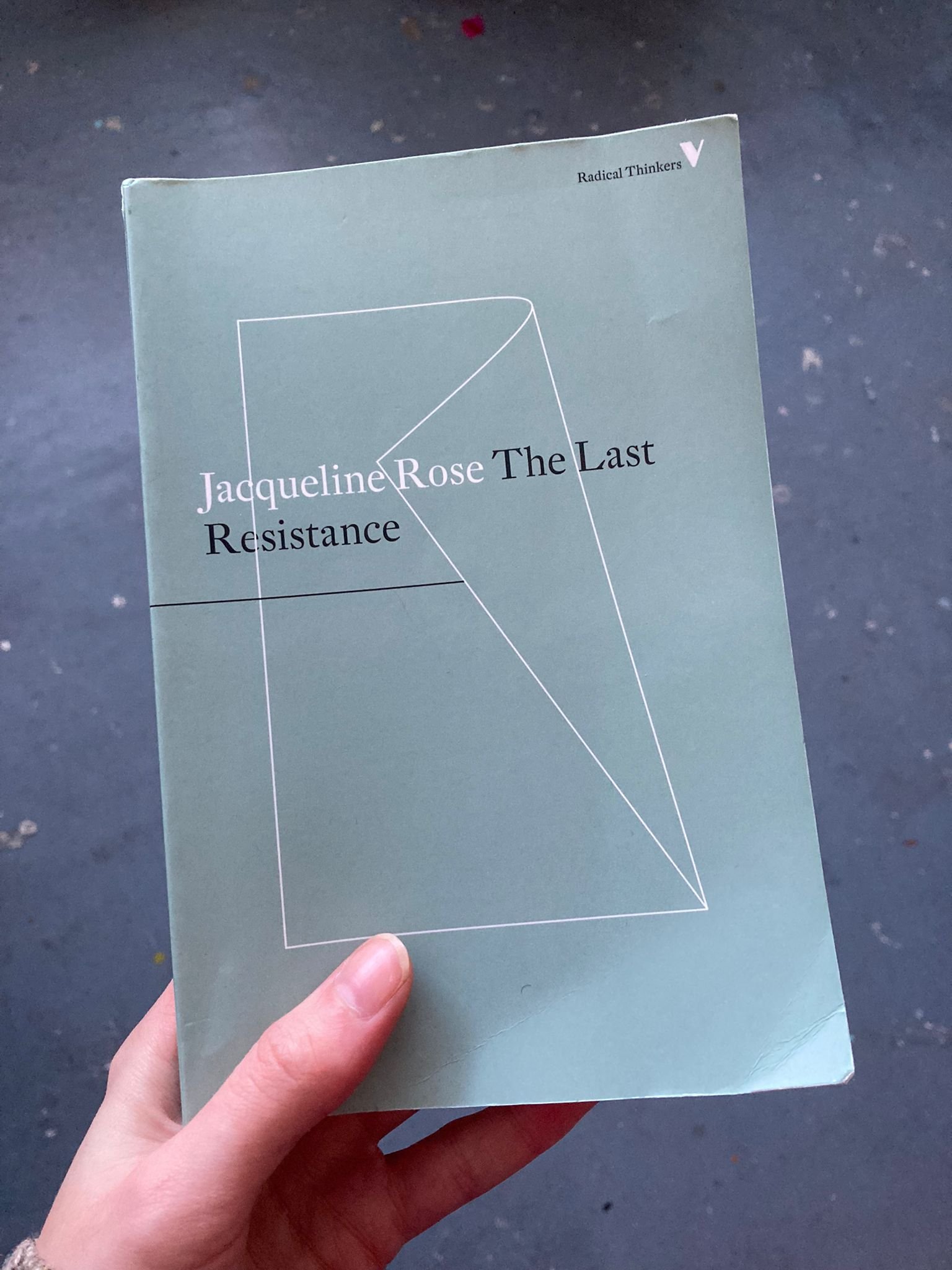Worms Best Reads of November
Arcadia Molinas
Walking Through Clear Water in a Pool Painted Black by Cookie Mueller
I’ve been taking my sweet time with this collection of Cookie Mueller’s writing. I’ve loved every single page. I’m inspired, amused, jealous, humbled. I’m a big fan of writing that is direct and uncomplicated - being accessible is fundamental to a project of liberation - and Cookie Mueller delivers meaningful stories using this unpretentious style that I so admire. Besides, her words ooze coolness. If you can say the right thing succinctly, you can dash off into the sunset in the convertible, hair billowing in the wind and everyone will be repeating those farewell words you said to themselves, slack-jawed and envious.
Divided into six sections, this anthology feels comprehensive in its gathering of the different forays into writing that Mueller underwent in her tragically short life. My favourite is probably the first section - a collection of stories she wrote about her own life. Reading them, I was incredibly moved by what a tender, powerful record of Mueller’s life they are. She’s a fierce, brazen character, who lived her life unapologetically. Leaving this testimony behind, a retelling of the essential episodes of her life, seemed like the most beautiful tribute to one’s own life. Like a big dinner party where you narrativize your biggest hits to a crowd of eager listeners. Furthermore, this take on auto-fiction, which pretends to be fiction, in structure at least, was refreshing to read, cleared away from the heady reflections that the genre often brings with it. Needless to say, Cookie Muelller’s life was overwhelmingly entertaining. Halfway through my read I put on John Waters’ Pink Flamingos, in which Cookie has a leading role in. The film, which tracks two rivals trying to out-do the other in becoming the “filthiest person in the world” was another testament to the ‘yes woman’ person Cookie seemed to be and of course having read the behind the scenes moments described in her book, the film’s wild, provocative scenes took a different tone.
In a way, I’m reminded of Slutty Cheff when I read these stories. Both writers know how to pack a punch and their stories always carry a certain message with them, serious or unserious. I feel very inspired by this writing and I now understand the ripples this book has had, touching readers far and wide.
“Why does everybody think I’m so wild. I’m not wild. I happen to stumble onto wildness. It gets in my path.”
The epigraph of her book reminds us of what is truly important: “It is important that you recognise that there is no experience that comes into your life that is below your dignity.”
Caitlin McLoughlin
The Last Resistance by Jacqueline Rose
I’m currently reading The Last Resistance by Jacqueline Rose. It’s complex and it’s taking me a while to read, I turn over each sentence, examine its constituent parts, chew on their meaning before moving onto the next. It’s as complex as the histories and ideologies that it examines – Zionism, the creation of Israel, the meaning and misrepresentation of victimhood – but Rose argues emphatically for the liberation of Palestine. She takes a psychoanalytic approach, weaving in the work of Freud alongside writers such as Edward Said and Shulamith Hareven, as well as her own Jewish identity. I love the way she asserts the power of literature to shift our consciousness – “it often appears that the role of writing – fiction but also non-fiction – is to push you right through what should be the impassable boundaries of the mind.”
I just read this article on Verso by Nadia Abu El-Haj about the politics currently orbiting the refrain ‘from the river to the sea, Palestine will be free’ chanted at marches as a call for an end to the occupation and it’s characterisation as hate speech by rightwing politicians and Zionist sympathisers, who claim that it’s a “call to genocidal violence.” But as Abu El-Haj points out, it was Israeli president Benjamin Netanyahu in 2022 who stated “The Jewish people have an exclusive and inalienable right to all parts of the Land of Israel.” I was reminded of the chapter in The Last Resistance called ‘The Displacement of Zion’, in which Rose turns to Freud and how his understanding of ‘displacement’, in a psychoanalytic sense, evolved “more and more to mean substitution.” She acknowledges how displacement has been so central to the creation of Israel and draws parallels between the geographical displacement of peoples – Jews exiled from Europe during WWII, Palestinians forcibly removed from their land – with cognitive displacement: “something arises in excess when there is something else you cannot bear to think about.” She says: “Perhaps this is the most disturbing meaning of displacement – when a traumatic history is loudly invoked with devastating political consequences, almost as a smokescreen for itself.” Rose argues that the very real trauma of the holocaust should invoke a “shared vulnerability of peoples'' and, as a Jew herself, rejects the idea that it can be invoked, by the Israeli state, to justify “the building of the wall, targeted assassinations, the destruction of the entire infrastructure of Palestinian life and the daily humiliation of the people.” Abu El-Haj concludes: “From the river to the sea, those words are harnessed to speak a politics that, as utopian as it may appear in the midst of the ongoing slaughter in Gaza, should be understood for what it is: a vision of and for a better world.”


